Sultan Khan (Chess Player) Age, Family, Biography & More
Sultan Khan (Chess Player) Age, Family, Biography & More
ADVERTISEMENT
Quick Info→
Hometown: Sargodha, Pakistan
Marital Status: Married
Death Date: 25/04/1966
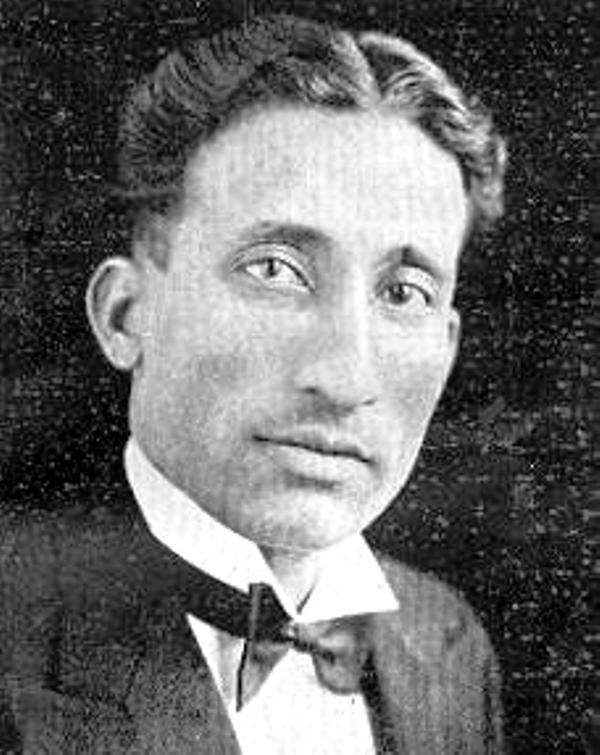
| Bio/Wiki | |
|---|---|
| Names Earned | Mir Sultan Khan, Mir Malik Sultan Khan |
| Profession | Chess player, Landlord |
| Personal Life | |
| Date of Birth | Year, 1903 |
| Birthplace | Mitha Tiwana, Khushab district, Sargodha, British India (now Mitha Tiwana, Punjab Province, Pakistan) |
| Date of Death | 25 April 1966 |
| Place of Death | Sargodha, Pakistan |
| Age (at the time of death) | 63 Years |
| Death Cause | Tuberculosis |
| Nationality | • British Indian (1903–1947) • Pakistani (1947–1966) |
| Hometown | Sargodha, Pakistan |
| Religion | Islam |
| Ethnicity | Punjabi Muslim |
| Relationships & More | |
| Marital Status (at the time of death) | Married |
| Family | |
| Children | Son- 5 • Ather Sultan (eldest; served as Inspector General of Police from the Police Service of Pakistan) 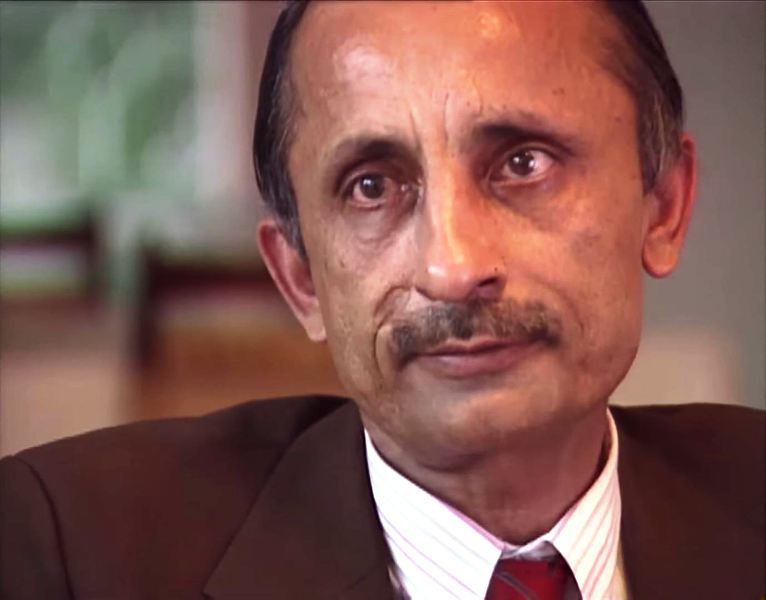 Daughter(s)- 6 |
| Parents | Father- Mian Nizam Din (landlord and religious leader) |
| Siblings | Brother(s)- 9 |
| Other Relatives | Granddaughter- Atiyab Sultan (author) 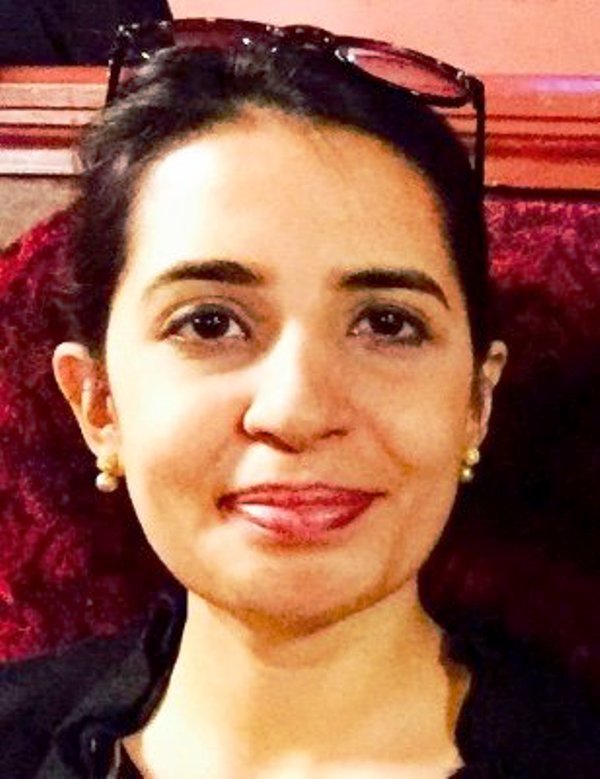 |
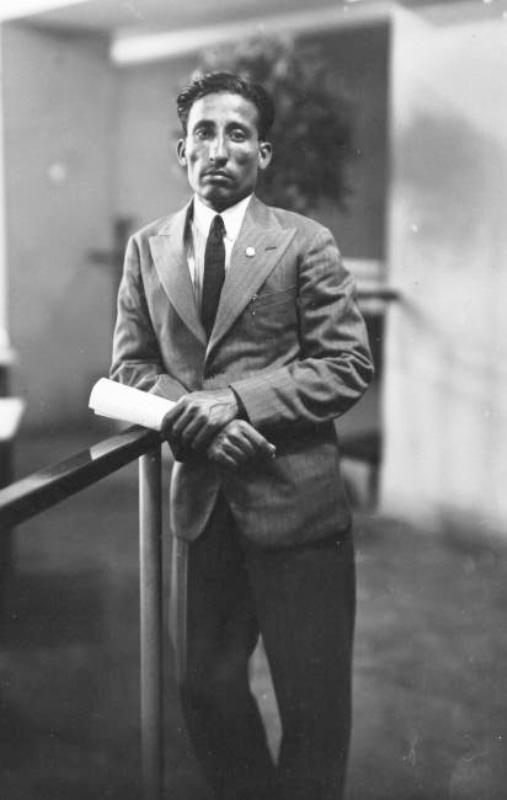
Some Lesser Known Facts About Sultan Khan
He was born into a family of pirs (religious Muslim saints) and landlords.
His father was a religious leader of the village.
Khan’s family, locally known as the Mianas, were not only the religious leaders of their area but also the “numberdaars” and “zaildaars,” titles awarded to leading landlords of an area by the British.
He learned to play the Indian style of chess when he was nine. It was his father, Mian Nizam Din, who taught him and his brothers how to play chess.
Growing up in British India, he hardly knew English. He could not understand chess notations, Therefore, he never went through any chess writings to widen his knowledge.
Sultan was a younger child in the family. Therefore, he had few responsibilities at home and enjoyed a lot of free time.
In his late teens, Sultan used to travel to Sargodha every day to play chess with landlords and chess lovers.
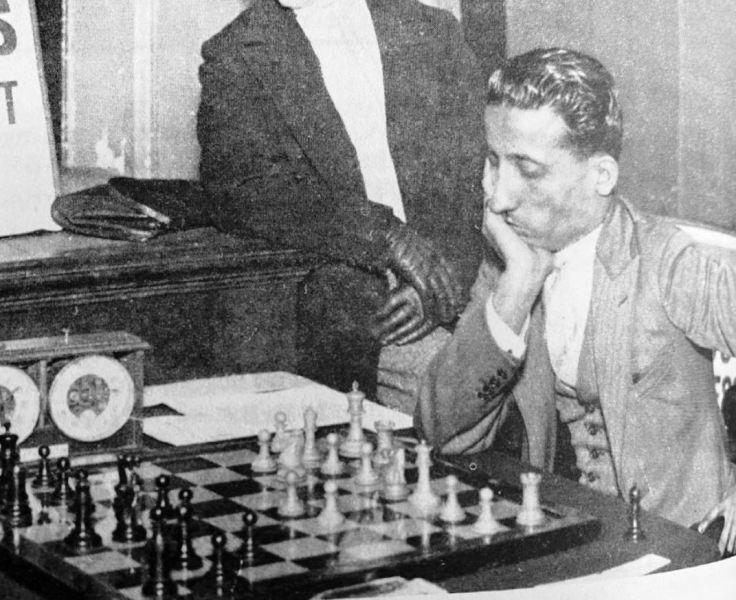
Sultan Khan in action
In Sargodha, he caught the attention of well-known landlord and politician Sir Umar Hayat Khan, who became his patron.
Sir Umar owned the Kalra Estate in Jhawarian, Punjab. He had gained land, property, and political power through British patronage. He wanted to establish himself as a patron of the arts and sports. Therefore, he asked Sultan Khan to establish a chess team at his estate in exchange for a stipend and lodging. After that, Sultan moved to Kalra.
Sir Umar appointed the best Indian players to teach Sultan Western chess format.
By 21, Sultan became a champion in Punjab.
In 1928, Sir Umar organized the All India Chess Championship. Sultan won the championship with a brilliant performance, eight wins, one draw, and no losses.
Sir Umar went to London to attend the Round Table Conferences for parliamentary reform in India in 1929 and took Sultan with him.
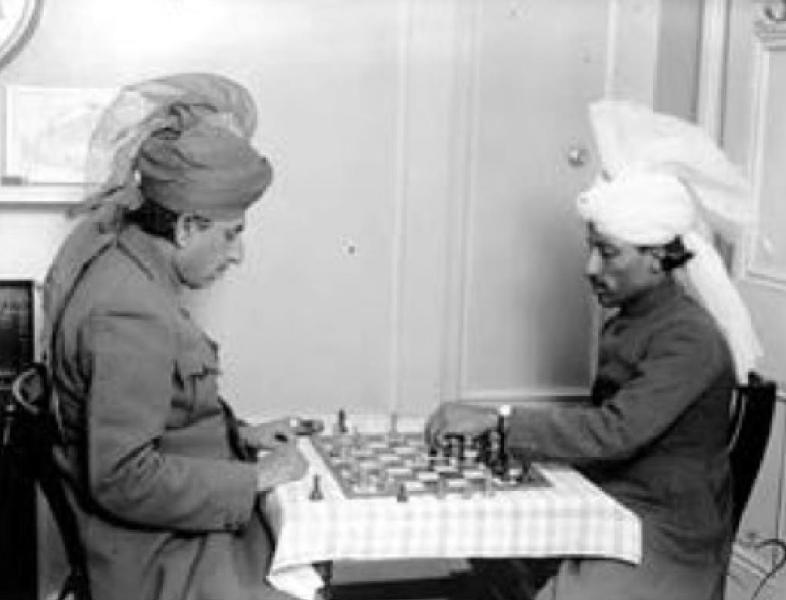
Sir Umar Hayat Khan Tiwana and Sultan Khan in London 1929
He often wore a white turban.
In London, Sultan became a member of the Imperial Chess Club. In those days, chess was an expensive and exclusive game. A hefty fee was required for chess club membership and participation in tournaments.
According to his granddaughter Atiyab Sultan, Khan firmly supported the creation of Pakistan in 1947.
His international career spanned only five years.
Sultan created a sensation by winning the British Chess Championship in 1929 at Ramsgate. It was an extraordinary achievement for a man of colour.
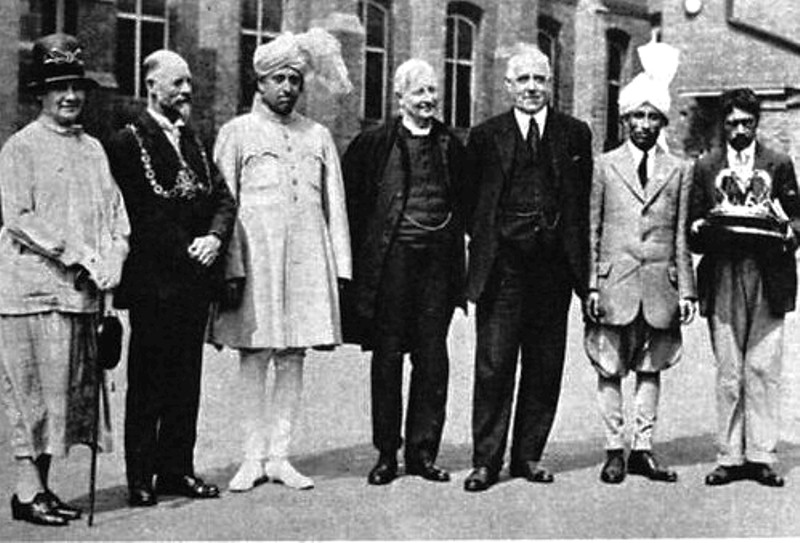
From left Major Ramagate, Sir Umer Hayat Khan, Richard Barnett, Canon A G Gordon Ross, M. Sultan Khan, and Syed Akbar Shah at at Ramsgate (1929)
Newspapers would closely follow the games of Sultan. In 1929, The Times of India hailed Sultan as ‘A Chess Genius’
After the 1929 British championship, Khan returned to India for a while.
He went back to England by May 1930 and began receiving invitations to compete in elite tournaments.
In 1930, Sultan competed in the Scarborough Tournament, the Hamburg Olympiad, and the Liege Tournament.
His career highlights include defeating former world champion José Raúl Capablanca at an international event in Hastings in December 1930. A world chess champion from 1921 to 1927, Capablanca was considered to be unbeatable until then. This was the first time that an Indian chess player had beaten a world champion.
Sultan’s move (5. a3) during his win over Capablanca in 1930 is known as the Petrosian Variation of Queen’s Indian Defense.
In the same year, Sultan defeated the European giant Savielly Tartakower, who was also considered to be invincible. It was a 12-game match in which Sultan won 6.5 to 5.5.
In 1931, he competed in the Prague International Team Tournament and defeated the Czech player Salo Flohr and the Polish Akiba Rubinstein. He had a draw against Alexander Alekhine, the reigning world champion.
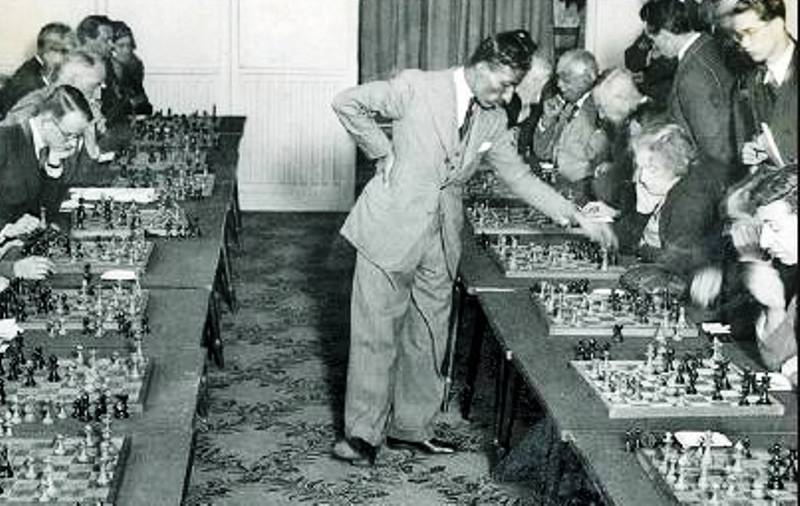
A picture of Sultan Khan playing twenty-four games simultaneously at the Empire Chess Club in 1931
He distinguished himself Cambridge Tournament (1932), the Bern Tournament (1932), and the Folkestone Olympiad (1933).
His playing style was also dubbed the ‘Wrath of Khan.’
He went on to win the British Chess Championship in 1932 and 1933.
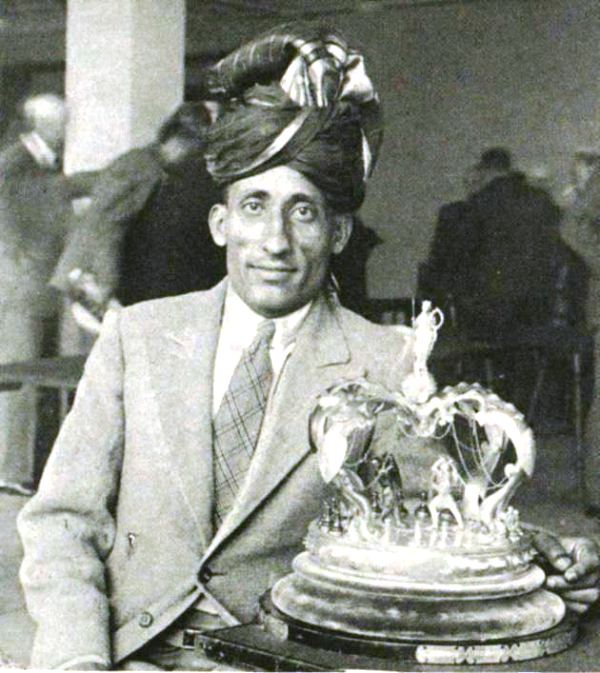
Sultan Khan with his trophy after winning the British Chess Championship (1932)
Despite his wins, he was liked by the British because of his endearing nature. It is said he would often praise his opponents.
Sultan represented the British Empire in two chess Olympiads.
In December 1933, Sultan Khan accompanied Sir Umar back to Punjab.
Sir Umar stopped his trips to London and Sultan gave up chess. Sultan did not have the resources to fund his travels abroad and pay the fees for the matches.
Khan was happy to return to India. He disliked the cold and rainy weather of London. He continuously suffered from malaria, colds, and sore throat during his stay in London.
Ghulam Fatima, a chess player who worked for Sir Umar in his household in London, talked to the authors Hooper and Whyld for their book Khan. On leaving England, she said that Khan “felt that he had been freed from prison.”
Following his disappearance from the international chess scene, bizarre reports surfaced in the newspapers claiming that Sultan was living in Durban, South Africa and had turned into a concert singer. They were later retracted.
After returning to India, Khan played a match against V.K. Khadilkar in 1935, beating him by winning nine games and drawing one.
He spent the remainder of his life farming on his ancestral land in Tehsil Bhalwal, near Sargodha. Khan had inherited 114 acres of land from his father in two separate locations.
After the partition of India in 1947, he became a citizen of Pakistan.
Sultan’s granddaughter Atiyab said that he strongly advocated for the formation of an independent Muslim country, Pakistan, before the partition.
He married a woman belonging to the Gujjar clan. Together, they had five sons and six daughters.
Sultan was buried on his estate in Bhalwal, Pakistan, after his death.
In the late 1970s, a short documentary aired on British television in which Sultan’s son Ather recalled asking his father why he had not tried to compete in the world championship. Ather said that his father confessed that, in those days, the challenger had to put up a stake of 2,000 pounds, which he did not have.
Ather once said that Sultan would not coach his children in chess and told them that they should do something more useful with their lives.
On 2 February 2024, the legendary chess player Mian Sultan Khan was posthumously awarded the honorary grandmaster title, becoming Pakistan’s first grandmaster. FIDE President Arkady Dvorkovich presented the award to caretaker Prime Minister of Pakistan Anwaar-ul-Haq Kakar at a ceremony in Islamabad.

Caretaker Prime Minister Anwaar-ul-Haq Kakar receiving an award conferred upon the Late Mir Sultan Khan, posthumously from the President of the International Chess Federation Mr Arkady Dvorkovich and the President of the Asian Chess Federation Mr Sultan bin Khalifa Al Nahyan on 2 February 2024
In 2020, Daniel King authored the book Sultan Khan: The Indian Servant Who Became Chess Champion of the British Empire.
Sultan Khan’s granddaughter Atiyab Sultan posted an online review of the book and claimed that Daniel King had misrepresented various facts about Sultan Khan. She addressed three main misconceptions about Sultan Khan in the blog. First, the book’s title referred to Sultan as an “Indian” when in reality he was a Pakistani citizen. Second, the book says he was a “servant,” whereas he was a reputed landowner. Third, Sultan Khan was portrayed as an illiterate person, but in reality, he was educated. He could read and write Arabic and Urdu languages, and he spoke conversational English.
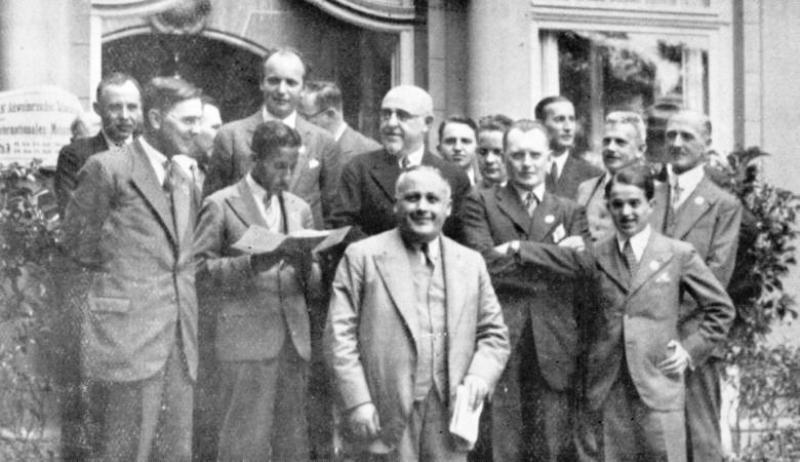
A group picture of the Chess Masters in the 1932 Bern tournament in which Sultan Khan appears to be engrossed in a pamphlet
In the book, Daniel says that the Sultan possessed an unorthodox style of play which worked to his advantage.
!
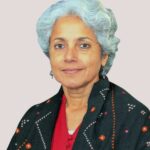 Soumya Swaminathan Age, Husband, Family, Biography
Soumya Swaminathan Age, Husband, Family, BiographySoumya Swaminathan Age, Husband, Family, Biography
!
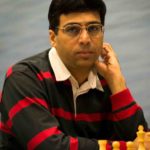 Viswanathan Anand Age, Wife, Children, Family, Biography & More
Viswanathan Anand Age, Wife, Children, Family, Biography & MoreViswanathan Anand Age, Wife, Children, Family, Biography & More
!
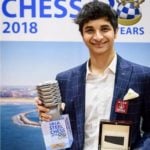 Vidit Gujrathi Age, Caste, Family, Biography & More
Vidit Gujrathi Age, Caste, Family, Biography & MoreVidit Gujrathi Age, Caste, Family, Biography & More
!
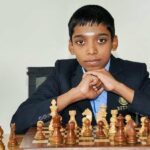 Rameshbabu Praggnanandhaa Age, Family, Biography & More
Rameshbabu Praggnanandhaa Age, Family, Biography & MoreRameshbabu Praggnanandhaa Age, Family, Biography & More
!
 Tania Sachdev Height, Age, Boyfriend, Husband, Family, Biography & More
Tania Sachdev Height, Age, Boyfriend, Husband, Family, Biography & MoreTania Sachdev Height, Age, Boyfriend, Husband, Family, Biography & More
!
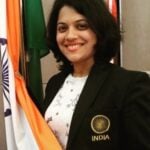 Bhakti Kulkarni Age, Boyfriend, Husband, Family, Biography & More
Bhakti Kulkarni Age, Boyfriend, Husband, Family, Biography & MoreBhakti Kulkarni Age, Boyfriend, Husband, Family, Biography & More
!
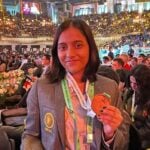 Divya Deshmukh Age, Family, Biography & More
Divya Deshmukh Age, Family, Biography & MoreDivya Deshmukh Age, Family, Biography & More
!
 Gukesh D Age, Family, Biography
Gukesh D Age, Family, BiographyGukesh D Age, Family, Biography